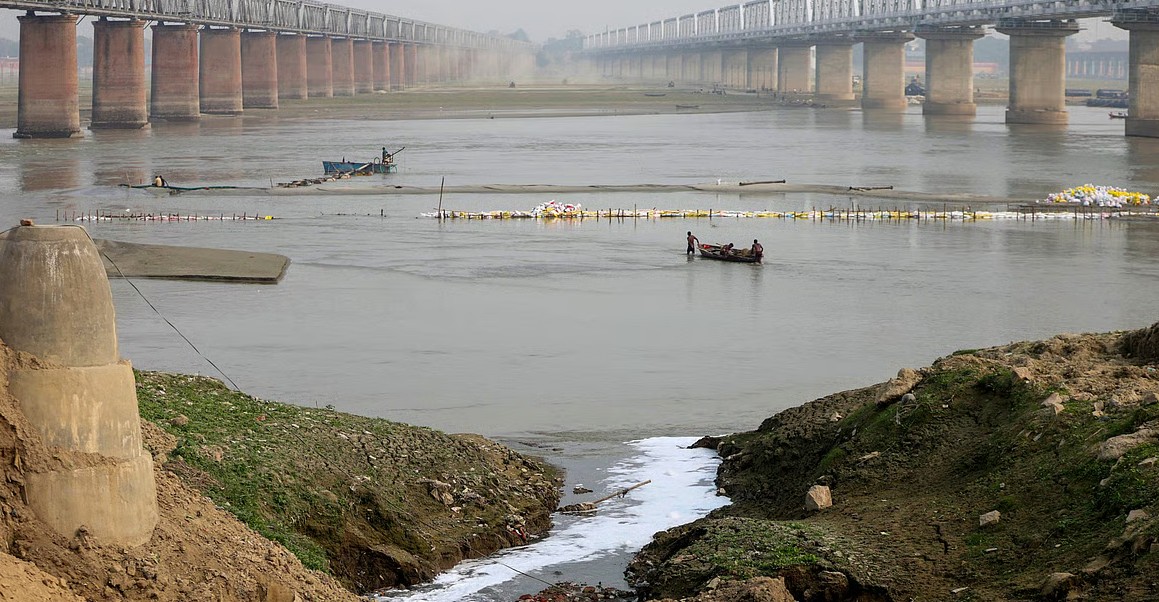
Chennai: The Tamil Nadu Water Resources Department (WRD) has accused Karnataka of ongoing pollution in the Thenpennai (South Pennar) River, attributing the contamination to untreated sewage and industrial waste flowing from Bengaluru into Tamil Nadu. The pollution is causing serious ecological harm and health hazards in downstream regions of Tamil Nadu.
Following a suo motu case initiated based on media reports, the Southern Bench of the National Green Tribunal (NGT) directed the Tamil Nadu government to submit a report on the river’s pollution levels. In response, WRD Secretary J. Jayakanthan provided a detailed account to the Tribunal.
The report revealed that untreated discharges from Bengaluru’s Bellandur, Agara, and Varthur lakes travel downstream through Krishnagiri district’s Sokkarasanapalli before reaching the Kelavarapalli reservoir. The water entering Tamil Nadu was described as blackish, with a sewage-like smell, foam, and foul odor, and it showed no signs of aquatic life.
The 432-kilometer-long river, with 320 kilometers flowing through Tamil Nadu, serves as a vital resource for irrigation, drinking water, and industrial use across five districts. The ongoing pollution has severely impacted farming on over 9,000 acres and disrupted water supply to towns like Hosur and nearby areas.
The WRD report accused Karnataka of neglecting to upgrade sewage treatment facilities and regulate polluting industries, warning that without controlling industrial discharges, Tamil Nadu will be unable to effectively undertake bioremediation efforts.
A central negotiation committee, which has held nine meetings and carried out site visits, documented the presence of black, foamy, and odorous water across various stretches of the river and tanks in both states. Despite repeated requests, Karnataka has failed to implement the committee’s suggestions.
During a hearing on July 15, Karnataka’s counsel stated that 12 new sewage treatment plants (STPs) would be operational by December, with an additional 10 planned, but no interim measures were proposed. Tamil Nadu’s Chief Secretary had also written to Karnataka as early as April 2023 regarding the issue, yet no significant action has been taken. Moreover, Karnataka’s previous promise in 2019 to build STPs with a capacity of 630 million liters per day has seen slow progress.
The case has been adjourned to August 21 for further proceedings.
